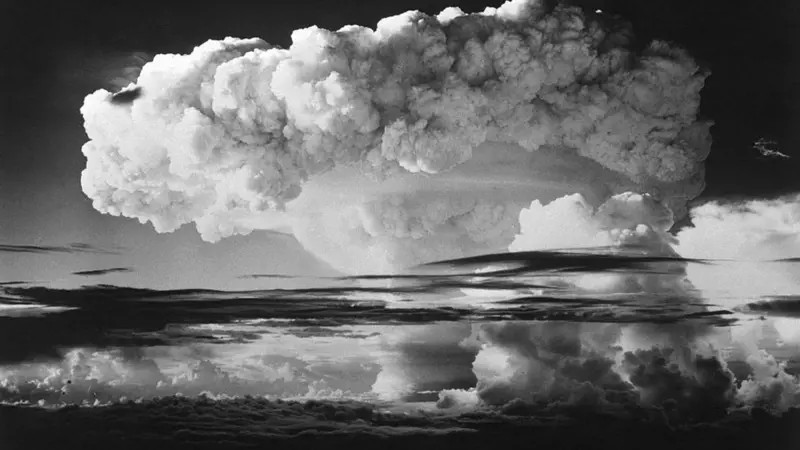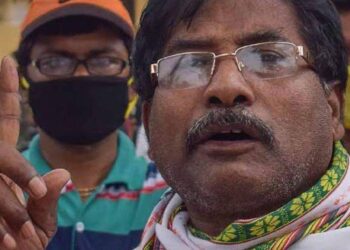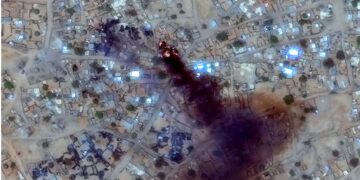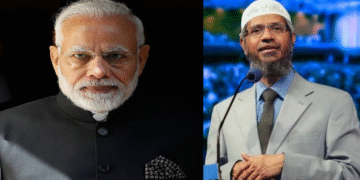A Shocking Study Predicts Massive Death Toll
A U.S.-based study has predicted a terrifying scenario: if a nuclear war breaks out between India and Pakistan over the Kashmir conflict, around 125 million people could die instantly. But the disaster wouldn’t stop there. Climate experts say such a war would damage the environment so badly that millions more could die of starvation later on.
This study, conducted by Rutgers University in the U.S., explores how such a conflict could begin, even suggesting that 2025 could be the year it happens.
How Could This War Begin? Imaginary But Possible Scenarios
Researchers created possible situations to show how things could spiral out of control.
Scenario 1: A Terror Attack Sparks War
- A terrorist bombs the Indian Parliament
- Indian leaders are killed
- In retaliation, Indian forces attack inside Pakistan
- Pakistan, feeling threatened, uses nuclear weapons
- India responds with its own nuclear weapons
- Both countries use their full nuclear arsenal, leading to mass destruction
Scenario 2: Conflict in Kashmir Escalates
- India launches an attack in Kashmir
- The situation quickly grows into a nuclear war
- However, if both nations have wise leaders in power, this disaster might be avoided — as it has been so far
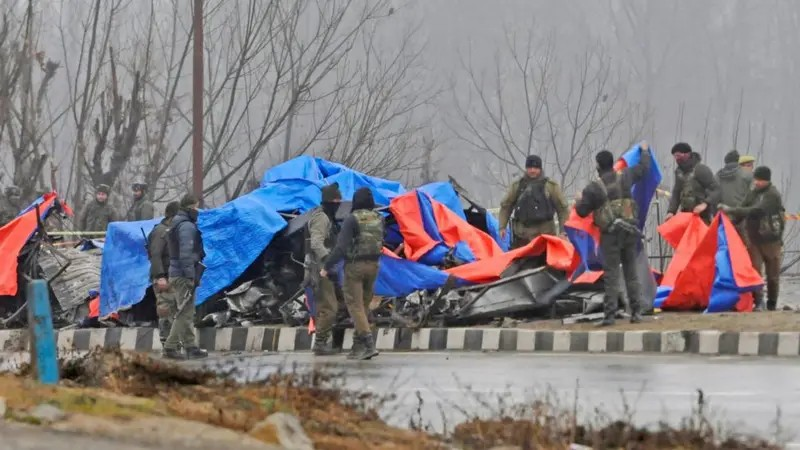
These are just imaginary scenarios, but researchers say real-life events can quickly take a turn for the worse if emotions and tensions aren’t controlled.
Read more: Senior French intelligence official claims Pakistan shot down Indian Rafale jets
Why 2025? Why That Specific Year?
Professor Alan Robock, one of the scientists involved, explains that 2025 is not a prediction, but just a chosen example to represent a possible future.
He says, “The war could happen tomorrow. No one knows the future. We chose a year just to help people imagine what could happen.”
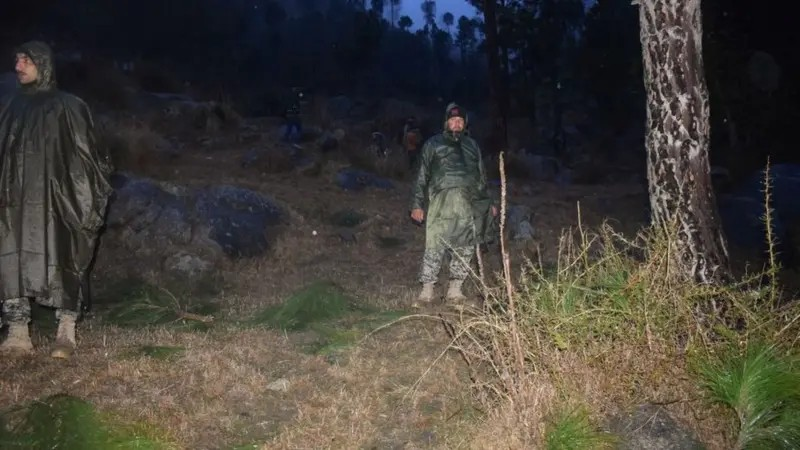
Is This All Just Science Fiction?
Not everyone agrees with the study.
Major General Dipankar Banerjee, a retired Indian Army officer, says the idea of a 2025 nuclear war is mostly imaginary and lacks scientific basis.
Still, he warns that a war between the two countries could happen at any time, even if not in 2025.
Close Calls from the Past
Since both countries tested nuclear weapons in 1998, there has been tension, especially during the Kargil War and after attacks like the 2008 Mumbai attack and the Pulwama bombing in 2019.
Professor Pervez Hoodbhoy, a nuclear expert from Pakistan’s Quaid-e-Azam University, agrees that a nuclear war could break out — not from a plan, but by accident or misjudgment.
He adds, “If two nuclear-armed countries stay angry for too long, something terrible could happen.”
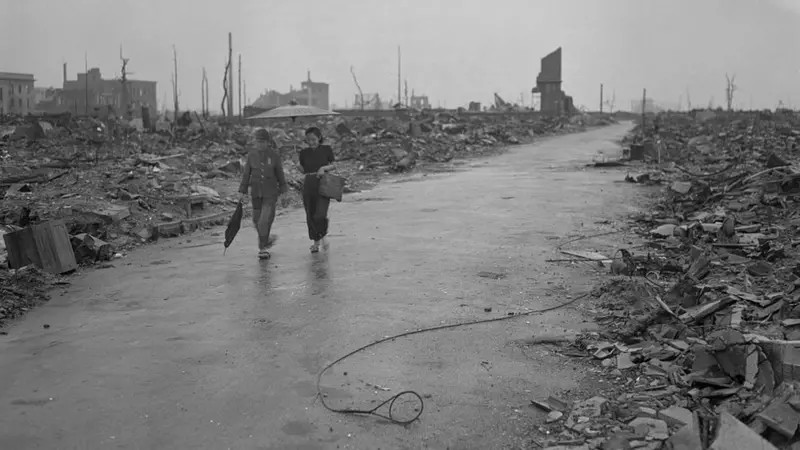
Why Is Kashmir So Dangerous?
Both researchers agree that Kashmir is the core issue.
Professor Robock says, “We chose India and Pakistan because their conflict over Kashmir has a long and violent history.”
Dr. Hoodbhoy adds that climate change could make the situation even worse. Most of Pakistan’s water comes from the Himalayas, which flow through Kashmir. If the glaciers melt due to climate change, Kashmir becomes even more important for Pakistan’s survival — increasing the chances of conflict.
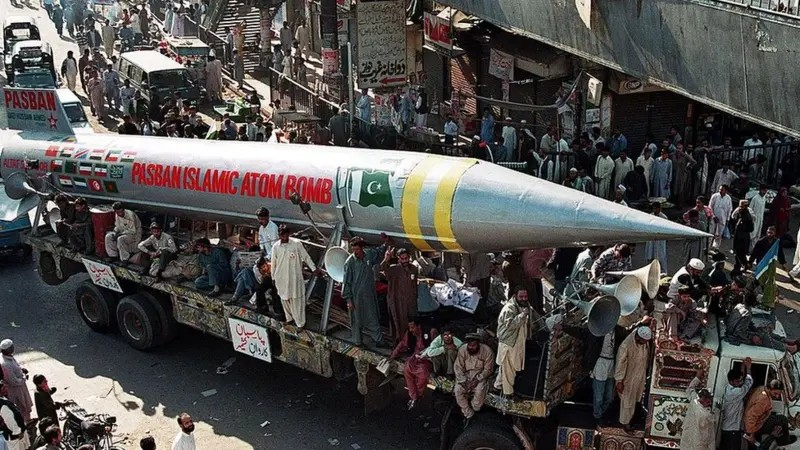
Other Possible Causes of War
- Terror attacks like the 2008 Mumbai attacks
- Water disputes — both countries are unhappy with the 1960 Indus Water Treaty
- Political pressure to act tough in response to public anger
Nuclear Arms Race: Who Has What?
According to a Swedish research centre:
- Pakistan has about 160 nuclear weapons
- India has around 150
- By 2025, both could have 400–500 nuclear weapons
India now has nuclear submarines, and Pakistan is building them too. Both countries are improving their missile technology and weapon delivery systems.
What About Other Nuclear Countries?
There are nine nuclear-armed countries:
- United States
- Russia
- China
- United Kingdom
- France
- India
- Pakistan
- Israel
- North Korea
Only the United States has actually used a nuclear bomb — during World War II in Hiroshima.
Professor Robock says, “Any two of these countries could go to war. Even nuclear nations could attack non-nuclear ones. The danger is real.”
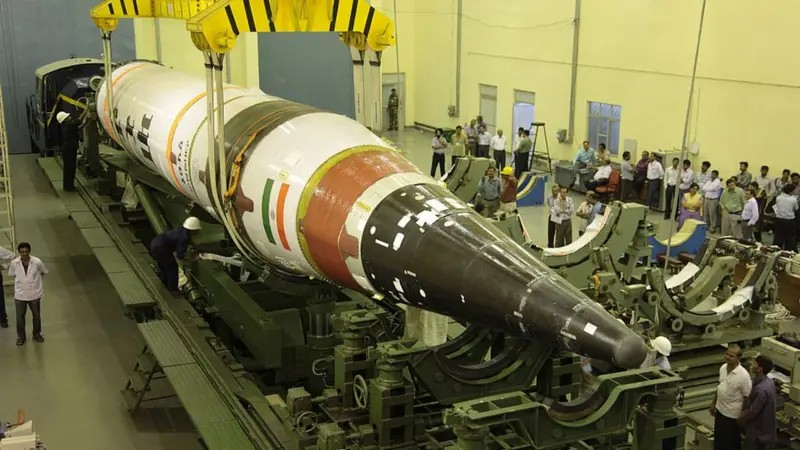
What Would Happen If a Nuclear War Started?
Professor Robock warns of global consequences:
- Massive fires from nuclear blasts would create huge amounts of smoke
- This smoke would spread across the globe, blocking sunlight
- Earth would become colder and darker
- Rainfall would decrease, damaging agriculture
- Radiation would poison the air and soil
- Even people far from the war zone would die of famine and disease
Is There Any Hope?
Robock says we’ve been lucky so far — nuclear bombs haven’t been used since 1945.
In 2017, the United Nations introduced a treaty to ban nuclear weapons, but only 32 countries have approved it so far. At least 50 countries need to support it for it to be active.
He urges the world to act before it’s too late.
Final Words: Can We Avoid a Nuclear War?
India says it won’t use nuclear weapons first — but is now rethinking that policy.
Pakistan never promised to avoid first use.
Experts agree:
There is no guarantee that a nuclear war between India and Pakistan — or anywhere else — will never happen.
Source: BBC News

